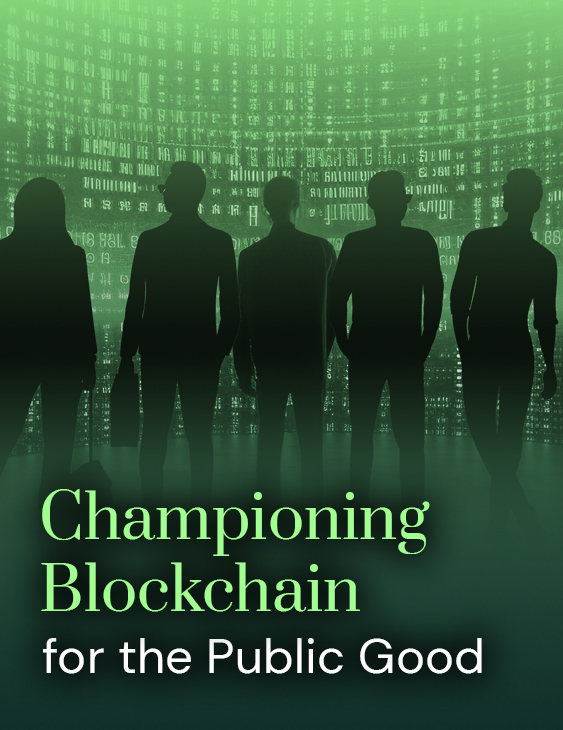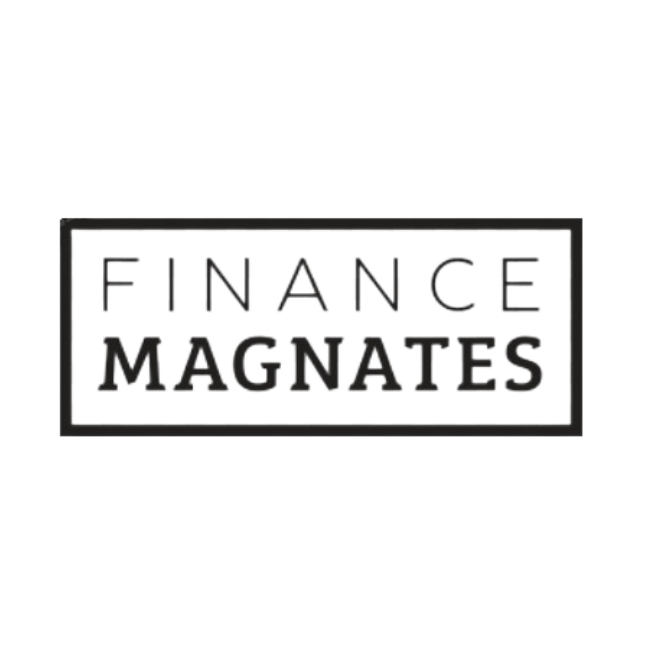
In October 2022, Greengage CEO Sean Kiernan spoke to prominent digital technology advocate and parliamentarian, Lord Holmes of Richmond MBE, about championing the cause of blockchain for the public good
As Lord Holmes observes, much has changed in the relatively short space of time since the publication of his 2017 report Distributed Ledger Technology for Public Good (updated 2018). Change has come both in terms of the continuing development of DLT, blockchain and other digital technologies (and use cases), and far greater levels of understanding of the blockchain proposition itself by the broader population and by today’s parliamentarians. Earlier this year, Rishi Sunak (then Chancellor) announced his ambition to position UK as a world leader in new digital technologies and assets. His recent elevation to the top job after torrid recent months in UK politics has been received with optimism by digital technology innovators and stakeholders.
A Parliamentary debate on cryptocurrencies took place in September, and alongside new Prime Minister Rishi Sunak are a number of prominent proponents of these new technologies (and associated opportunities) in both Houses, including John Glen, Martin Docherty-Hughes, Phillip Hammond (another former Chancellor) and others.
As Lord Holmes notes: “In Parliament, as in wider society, we need more people to be engaged in the debate. It’s not about understanding how the underlying technology works, but identifying the potential opportunities arising FROM the technology. There is no question we are in a different place than when we first started to talk about it, but there is still a way to go.”
Explain, connect, collaborate
All interested parties in this space need to continue to communicate with clarity about the positive opportunities presented by blockchain and to distinguish technologies and tools (picks and shovels) from the more speculative crypto assets. As an example, ‘Bitcoin’ and ‘blockchain’ are often used interchangeably in the digital debate, when they are not the same things – the former is a crypto asset, the latter an information protection and distribution mechanism.
It is essential to shift the dial from the emotive, often negative, ‘soar and crash’ crypto markets narrative to more pragmatic, considered debate about how blockchain, for example, can be applied to the benefit of many of the UK’s current economic and social challenges.
The old adage, “blame the carpenter not the tools”, is apposite in this context. People talk of ‘bad technology’ but in reality, a bad outcome is almost always the result of human – not technological – error.
Technology is passive and thus in itself neutral; it has no moral code of good or bad, nor any economic, psychological, social or philosophical bent. Human intervention in terms of development and deployment is what determines outcomes, be they good and / or bad.
Levelling up, supporting UK SMEs
There has been a systemic challenge with SME funding (and credit) in the UK since time immemorial, a challenge further compounded by geography and demographics.
Venture capitalists, for example, favour men disproportionately in funding decisions, and it is demonstrably harder to source funding (particularly non-traditional funding) if the business operates outside of main financial hubs like London.
At its core, blockchain facilitates communities of interest around a particular purpose, be that financial inclusion, broader SME funding, trade and supply chain management (and finance).
Conceived initially as a way to democratise finance, part of the blockchain opportunity is to reimagine SME funding (and risk) in a more considered and fair way. The Bank of England has flagged a £22 billion funding gap for SMEs (other industry commentators put the figure much higher). If blockchain technology can narrow these funding and inclusivity gaps by broadening the base for access to growth monies by reducing costs and friction, then it must make good economic, social – and indeed political – sense to explore that potential in supporting the vital SME business segment. This could result in additional opportunities to grow businesses, create employment and benefit local communities up and down the country.
Key to the blockchain concept is robust digital ID – without secure, federated and distributed digital ID, it will be impossible to realize the full benefits of this technology. Industry consultants McKinsey estimate that by 2030, effective and structured digital ID, in conjunction with existing and new technologies, could represent up to a 30% uplift in UK GDP – something we can all agree is very much needed right now. Secure digital ID is a key building block in the Fourth Industrial Revolution. However, it is notoriously difficult to achieve, although credit scores, driving licenses et al make up pieces of the puzzle.
Some very interesting work is already being carried out in India and other nations around digital ID. Getting a sense of the principles underlying these efforts may be very useful in informing the direction of our own efforts to develop an appropriate digital ID framework for the UK.
What’s in it for you?
The digital community (innovators, entrepreneurs, individuals and businesses) must do more to raise levels of awareness and to continue to educate all stakeholders about the potential benefits of new digital technologies. That said, every single person has a role to play in the Fourth Industrial Revolution. It is an opportunity to completely reimagine the social contract between citizens and State, and to deliver significant change for the better for public and private sector enterprises, SMEs and entrepreneurs, and the public at large.
Getting it right, however, requires more public engagement, discourse and debate that encourages greater community commitment and contribution as active agents for positive change.
Lord Holmes is co-chair of a number of All-Party Parliamentary Groups including those focused on blockchain, fintech and the 4th industrial revolution. He sits on the influential Science and Technology Select Committee and has been an active contributor to numerous specialist House of Lords Select Committees, including those dealing with Democracy and Digital Technologies, Artificial Intelligence, Financial Exclusion and Social Mobility. A record-breaking Paralympian (breaking 35 world records during an incredible seventeen years on the GB swimming team) Chris is also passionate about the potential of technology to support greater across the board diversity and inclusion.
To learn more, listen to our podcast series, The Gage Episode 10 — Blockchain in Parliament












